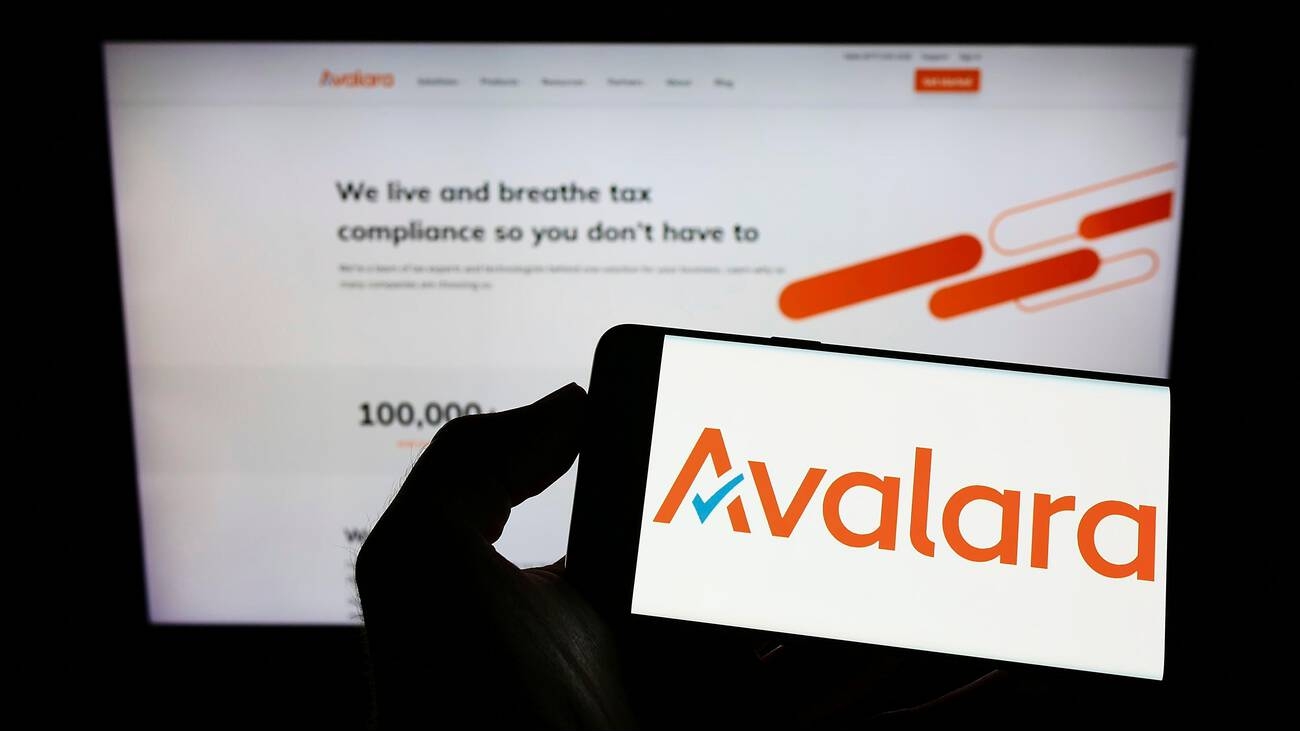A new Avalara survey of U.S. tax professionals responsible for managing sales tax obligations for independent retailers reveals that 97% of respondents say they have automated or plan to automate their sales tax compliance process.
Of those respondents, 46% mostly automate with minimal manual oversight, 34% fully automate, and 15% partially automate the process.
Businesses also are adopting various methods to manage sales tax compliance, with 56% using specialized software and tools, 40% relying on in-house accounting teams, 32% handling it manually, and 31% outsourcing to accounting firms, according to Avalara.
The survey, which was conducted from Oct. 14 to Oct. 17, found that many of the 250 respondents —from accountants, bookkeepers, and directors of finance to business owners as well as managers—consider keeping up with changing sales tax laws to be their biggest compliance challenge.

“At the end of the day, independent retailers are the entities responsible for administering sales taxes imposed by state governments,” Pam Knudsen, senior director of compliance services at Avalara, said in a statement. “Avalara’s latest survey underscores the extent to which ongoing tax changes are an increasing burden for tax professionals and business owners, who are clamoring for automated solutions that are fast, easy, and accurate to help them remove the complexity of sales tax compliance at the cash register.”
Other key survey findings include:
- Retailers’ wish list for compliance help: Independent retailers identified key measures and resources that would help them manage sales tax compliance, such as simplified tax regulations (54%), improved software tools (52%), access to professional advisors (43%), and educational courses, webinars, and workshops (36%).
- Evolving regulatory landscape: The top compliance challenge for independent retailers is navigating ever-changing tax laws, with 44% of respondents citing “keeping up with changing tax laws” as their biggest hurdle. Other key challenges include managing sales tax exemptions (17%), calculating correct tax rates (15%), and filing taxes on time (12%).
- Increased time spent on sales tax as businesses grow: While 54% of independent retailers spend between one and 10 hours per month on sales tax activities, the time commitment increases as businesses scale. Just 26% of companies with revenue between $100,000 and $999,999 spend 11 to 20 hours per month on sales tax, but this figure rises to 36% for companies with revenue between $1 million and $9.99 million, 42% for those between $10 million and $49.99 million, and 57% for companies with revenue between $100 million and $499.99 million.
- Disparate ways of identifying tax changes: Getting and staying informed is crucial for independent retailers to meet tax obligations. Survey respondents are relying on various sources to identify new or changing tax regulations, including software tools (60%), online research (56%), professional tax advisors (56%), and government resources (34%).
- Importance of system integration for compliance software: Tax professionals for independent retailers overwhelmingly agree that sales tax compliance software should integrate seamlessly with existing systems. Eighty-eight percent of respondents stated it’s “very important” for compliance automation software to connect with platforms they already use, such as ecommerce, payroll, and accounting systems.
Thanks for reading CPA Practice Advisor!
Subscribe Already registered? Log In
Need more information? Read the FAQs




